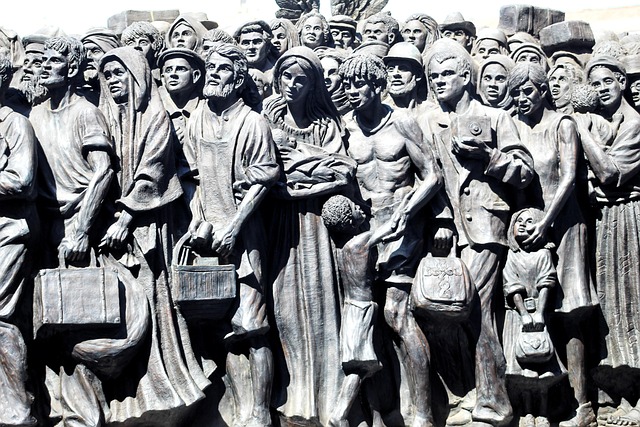Overview of Immigration’s Role in the Economy
Immigration has been a crucial driver of economic growth in the United States. From filling labor shortages to spurring innovation, immigrants contribute significantly to the nation's economy. In this post, we will explore various ways immigration impacts the U.S. economy, and why it remains vital for future growth.
Immigrant Contributions to Labor Force
Immigrants make up a significant portion of the U.S. labor force. They fill essential roles across various sectors, including technology, healthcare, and agriculture. Research has shown that immigrants help alleviate labor shortages, enabling businesses to thrive and the economy to expand.
Creation of New Businesses
Immigrants are also key players in entrepreneurship in the United States. Many successful businesses have been founded by immigrants, contributing to job creation and innovation. According to the Kauffman Foundation, immigrants are more likely than native-born individuals to start a business, helping drive economic growth.
Influence on Wages and Employment
While some may believe that immigration drives down wages, studies indicate that the overall impact is often neutral or even positive. By adding to the labor supply, immigrants help stimulate demand and can lead to higher wages in the long term.
Contribution to Social Security and Taxes
Immigrants contribute significantly to the U.S. economy beyond just labor. They pay taxes and contribute to Social Security without necessarily receiving benefits in return, aiding in funding programs that support the broader population.
Closing Thoughts
Understanding the impact of immigration on the U.S. economy is essential for informed discussions about policy and reform. As we continue to navigate a complex immigration landscape, recognizing these contributions can foster a more inclusive and prosperous society.
For more information about U.S. immigration policies and economic studies, visit USCIS.




